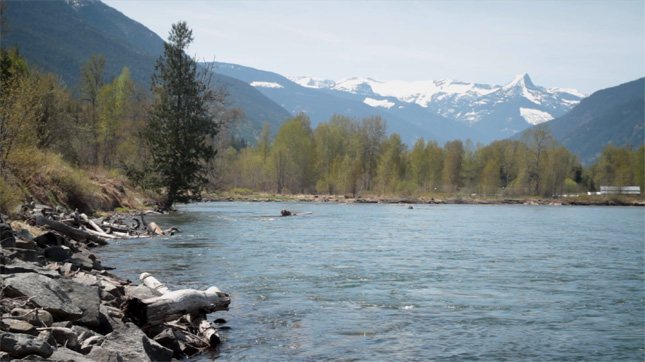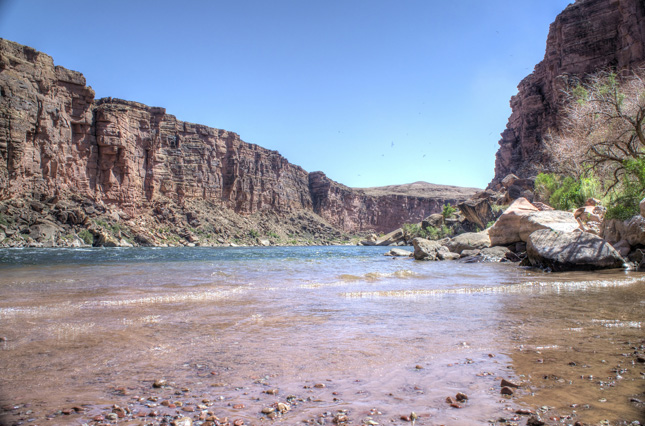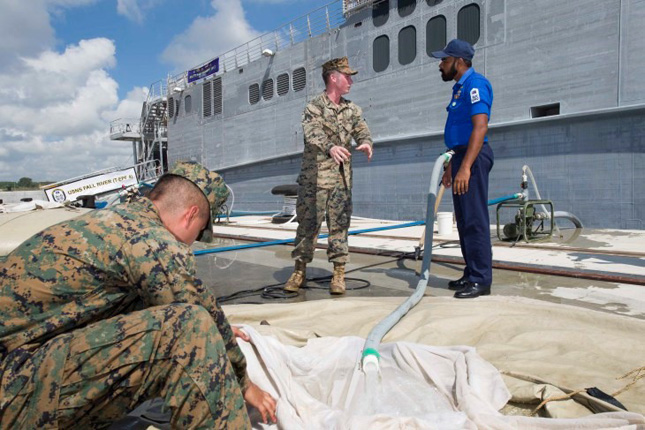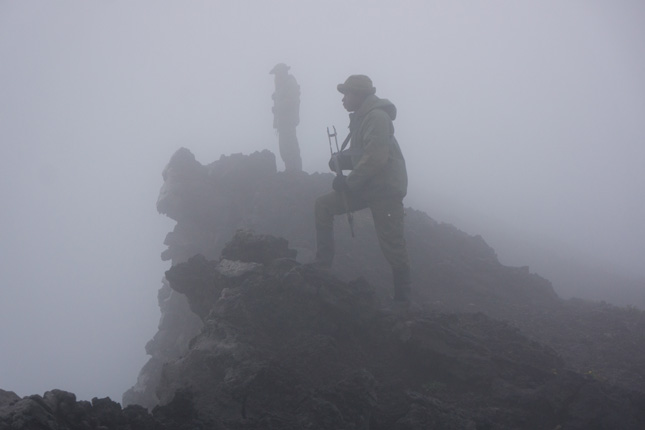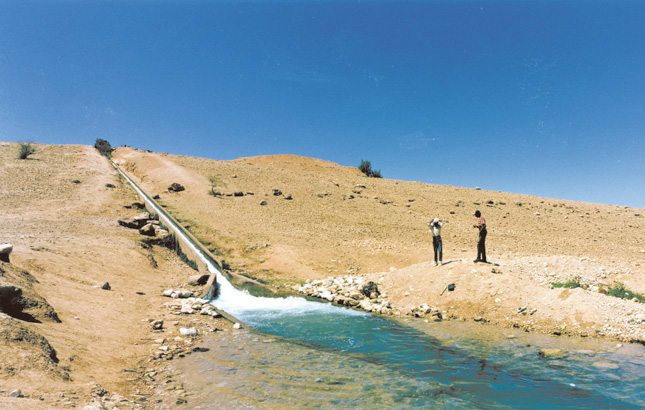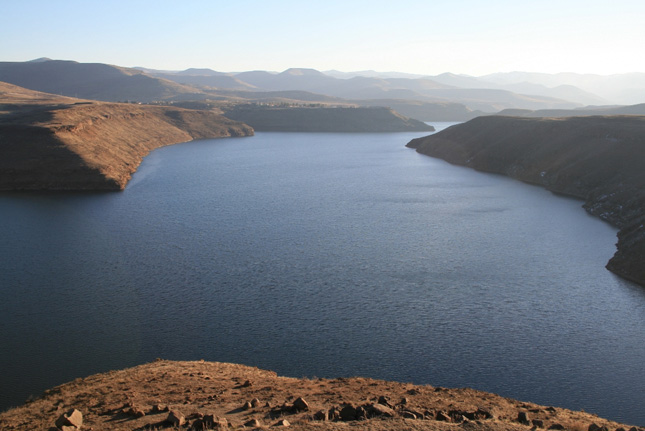-
As Andean Glaciers Retreat, So Does Regional Security
›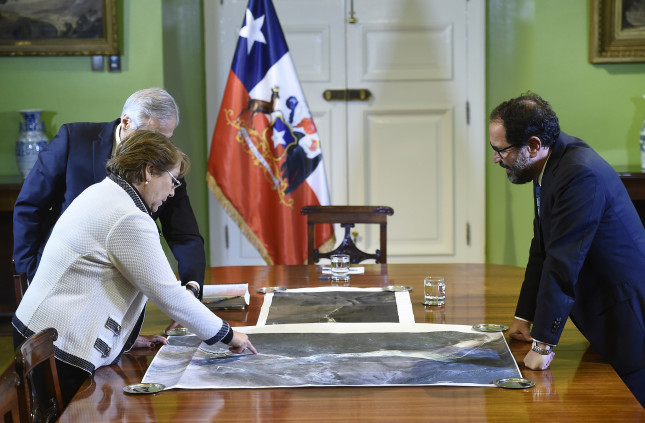
Last month, Bolivia filed a counterclaim against Chile in the International Court of Justice—the latest salvo in their battle over rights to the waters of the Silala River. The court will decide whether Silala is “an international watercourse”—thus granting water rights to Chilean mining operations—or simply an artificial diversion of Bolivian spring water by Chile. This legal case marks the latest chapter in Bolivia and Chile’s historically delicate relationship, which dates back to the War of the Pacific in the late 19th century.
-
Europe Takes the Lead in Climate, Energy, and Security
›
With the tumultuous NATO summit and a simmering trade war dominating stateside headlines last month, the European Union’s progress on climate-security connections has received little attention. After the U.S. government rolled back its significant efforts in early 2017, the EU and its leading members—particularly Sweden and Germany—picked up the ball. Three significant events herald what could be the start of a new era of climate-security policymaking—one under European leadership.
-
Water and Governance: Changing Water Laws in a Changing Climate
›
The Columbia River basin—which spans four U.S. states, two Canadian provinces, and 32 Tribal Nations or First Nations—touches the lives of more than five million people each day. The basin’s 250 hydroelectric dams power everything from Google’s data center to irrigation pumps that spread water onto fields of alfalfa and potatoes. Steelhead trout and salmon rely on the river to spawn. Ships and tugboats transport millions of tons of cargo to and from the Pacific Ocean.
-
The Water Wars Within: Preventing Subnational Water Conflicts
›
In 1995, World Bank official Ismail Serageldin warned that “the wars of the next century will be fought over water—unless we change our approach to managing this precious and vital resource.” Since then, the world’s water resources have come under ever-greater strain. At the same time, institutional frameworks for managing water resources remain weak throughout most of the globe. Only about a quarter of the world’s international river basins have adequate governance arrangements to prevent and resolve conflicts. Does this mean that we can expect the 21st century to be wracked by water wars?
-
First Responders of Last Resort: South Asian Militaries Should Strengthen Climate Security Preparedness and Cooperation
›
Last month, a major multinational military exercise launched in South and Southeast Asia. The Pacific Partnership is the largest annual multilateral humanitarian assistance and disaster relief preparedness mission conducted in the Indo-Asia-Pacific and aims to enhance regional coordination in areas such as medical readiness and preparedness for manmade and natural disasters. At its center is the hospital ship USNS Mercy, with an international team of civilian and military specialists seeking to build response capacity in one of the most disaster-prone regions of the world.
-
Environmental Cooperation Can Facilitate Peace Between States
›
Environmental stress and climate change can accelerate instability and conflict—but shared environmental problems can also be a source of cooperation and facilitate peacemaking between states. Transnational environmental problems are common threats and often cross national boundaries, requiring international cooperation to address. In turn, this cooperation can provide a good entry point for building trust and cooperation.
-
Gidon Bromberg, Nada Majdalani, and Munqeth Mehyar
To Make Peace in the Middle East, Focus First on Water
›February 13, 2018 // By Wilson Center Staff
For the past 20 years, Israelis and Palestinians alike have approached peace negotiations with the flawed assumption that, in order to reach an agreement, all core issues must be solved simultaneously. As the conflict continues to claim victims on both sides, it’s important to point out that when President Trump’s Middle East envoy, Jason Greenblatt, was looking for an early success in the new administration’s peace efforts, he found it – in water.
-
A Matter of Survival: Learning to Cooperate Over Water
›
“Water security and management represent the cornerstone of global conflict prevention,” said President Danilo Türk, chair of the Global High-Level Panel on Water and Peace and former president of Slovenia, at a recent Wilson Center event on water and peace. “The only alternative to water is water, and therefore, the matter of water is a matter of survival,” said Sundeep Waslekar, president of Strategic Foresight Group.
Showing posts from category cooperation.



